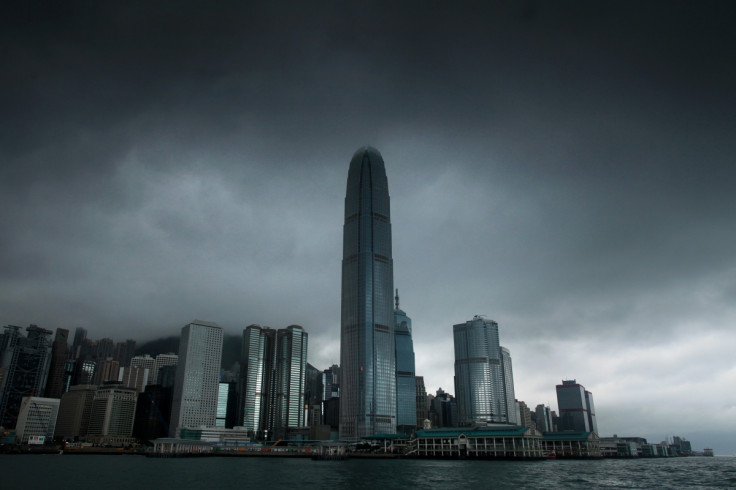Global rout: European stock markets soar as tech stocks across the world plunge

European stock markets soared minutes after the opening bell across the continent after plummeting on 4 January. The FTSE 100 gained almost 1% in the first 10 minutes of trading.
Both the CAC 40 in France and German DAX gained more than 0.5% quickly after the bell rang. Pan-European stock market Eurostoxx also made significant gains.
The positive opening call comes after Chinese regulators intervened in volatile equity markets after yesterday's 7% sell-off triggered new circuit breakers. While state-controlled funds bought stocks overnight, a six-month selling ban for major institutions was also extended to stem declines and avoid a repeat of last August's rout. The People's Bank of China also injected the most cash since September.
In Asia, however, the trading floors closed with most stock markets down slightly. Although the losses seemed to fade away in comparison with Monday's devastation, China's Shanghai Composite fell only 0.26% on 5 January, on the back of government intervention.
The People's Bank's effort to stop routs in Shanghai have proven effective in the past but the crisis for Chinese investors has been going on for months and the Bank's powers could not prevent hundreds of billions being wiped off the bluechip.
"While it seems that China's "national team" once again stepped in to stabilise the market following yesterday's rout, the damage to the upside trend from the last year's low set in August has been already done," said Piotr Matys, financial markets analyst at Rabobank.
Across the world, tech stocks have suffered the most. In the UK, Twitter, streaming service Netflix and electric car provider Tesla were hit. Tech-sensitive Hang Seng fell by more than 0.65% on Tuesday, suffering more severely than other Asian markets.
© Copyright IBTimes 2025. All rights reserved.


















